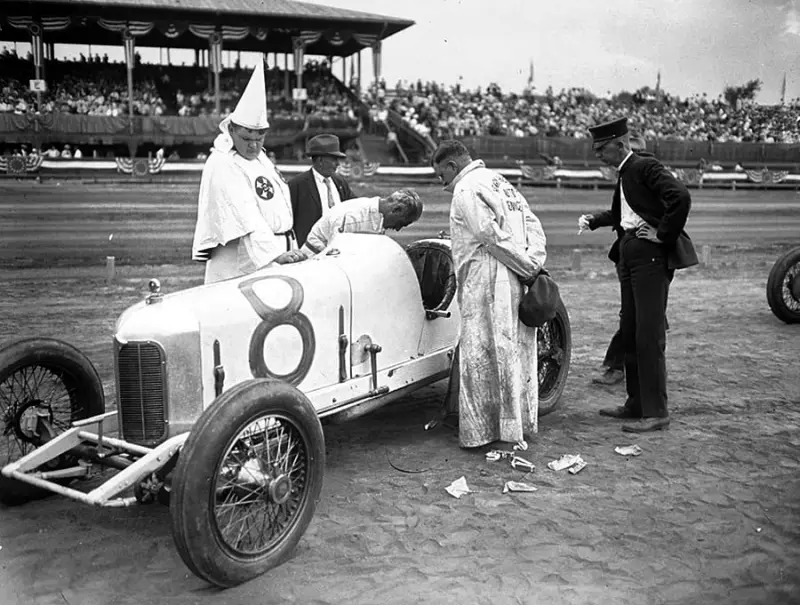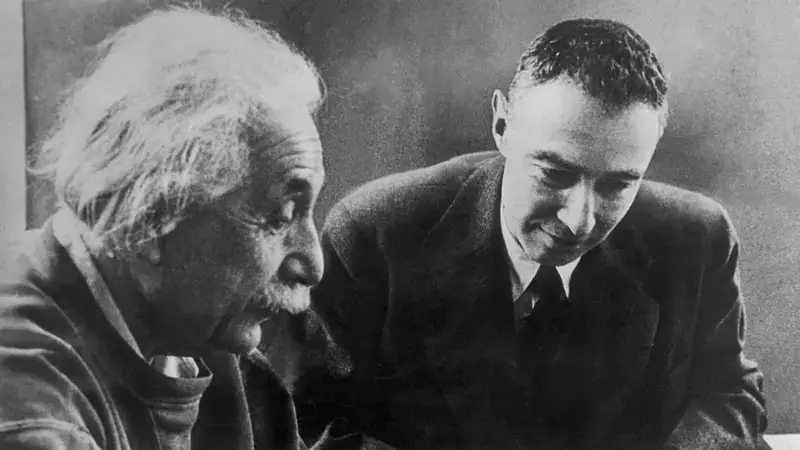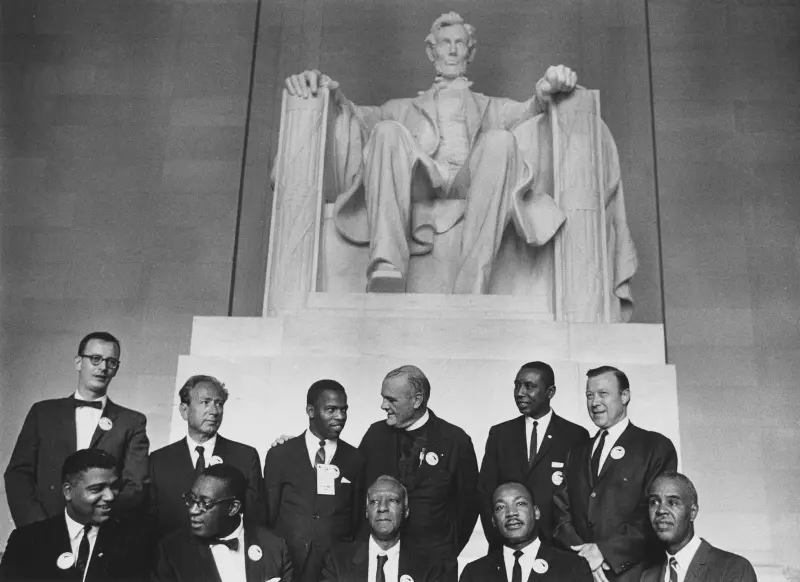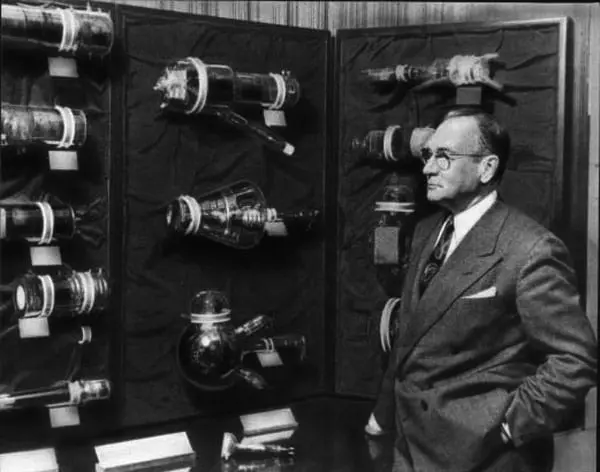President Andrew Johnson by Vannerson
Andrew Johnson, the 17th President of the United States, served from 1865 to 1869. Here's a brief biography:
Early Life: Andrew Johnson was born on December 29, 1808, in Raleigh, North Carolina. His family was poor, and he had little formal education. Apprenticed as a tailor, Johnson worked his way up, eventually settling in Greeneville, Tennessee.
Political Career: Johnson's entry into politics began in Tennessee. He served in various local offices, including mayor and state legislator. Rising through the ranks of the Democratic Party, he became the governor of Tennessee in the late 1850s.
Civil War and Presidency: When the Civil War erupted, Johnson, a Southern Democrat, remained loyal to the Union. Abraham Lincoln, aiming to symbolize national unity, selected Johnson as his running mate in the 1864 election. Johnson became Vice President in March 1865.
Following Lincoln's assassination in April 1865, Johnson assumed the presidency. As President, he faced the immense challenge of Reconstruction, the process of reintegrating the Southern states back into the Union after the Civil War.
Reconstruction Policies: Johnson's approach to Reconstruction was lenient toward the Southern states, angering Radical Republicans in Congress who sought a more punitive stance. Johnson's vision clashed with Congress, leading to conflict over policies regarding the rights and status of freed slaves.
Impeachment: The conflict with Congress intensified, ultimately leading to Johnson's impeachment in 1868. The primary charge was his violation of the Tenure of Office Act by removing Secretary of War Edwin M. Stanton from his post. Johnson narrowly avoided removal from office; the Senate fell one vote short of the necessary majority.
Later Years: Johnson's presidency marked a tumultuous period in U.S. history. After leaving office in 1869, he returned to Tennessee and briefly served in the U.S. Senate. He remained active in politics but faced challenges and criticism.
Death: Andrew Johnson died on July 31, 1875, in Greeneville, Tennessee. Despite the controversies surrounding his presidency, Johnson's life reflected the complexities of the post-Civil War era, and his legacy continues to be a subject of historical analysis and debate.
Comentarios
Envíado por

OldPik
7 de enero de 2024
Fuente
Enlace externo a la fuente¿Tienes fotos antiguas?
Comparte tus fotografías históricas y ayuda a preservar nuestra memoria colectiva.
Subir fotos













Sin comentarios aún, sé el primero en comentar...